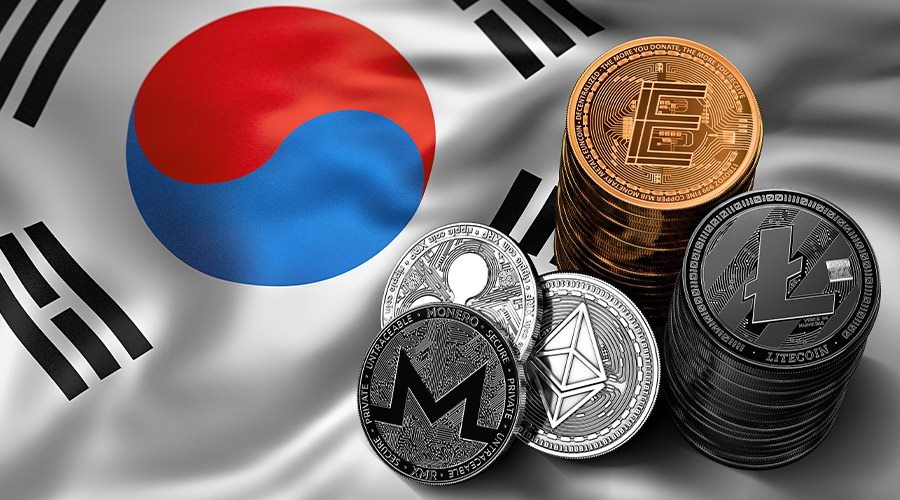In a strategic move influenced by upcoming general elections, South Korea has decided to delay the implementation of taxes on cryptocurrency gains until 2028. Initially, the government planned to impose a 20% tax on profits from crypto investments exceeding 2.5 million won (approximately $1,875) starting January 2023. This timeline was subsequently pushed to 2025, and now further delayed to 2028. The ruling People Power Party (PPP) argues that establishing a comprehensive regulatory framework is paramount before any taxation is enforced. This approach aims to ensure the stability and security of the crypto market, addressing its complexities and rapid evolution.
What Are the Key Reasons for the Delay?
The main rationale behind the delay is to align crypto tax thresholds with those of stock market investments. The current low threshold for taxing crypto gains (2.5 million won) is seen as unfair compared to the higher threshold for stock market gains (50 million won). By proposing this alignment, the government aims to create a balanced and fair tax system, encouraging longer-term investment in cryptocurrencies. Additionally, the delay provides more time to develop robust regulations that protect investors and facilitate orderly market operations.
Impact on the Cryptocurrency Market
South Korea plays a significant role in the global cryptocurrency market, with over 6 million active crypto traders. The proposed delay is likely to be well-received by the crypto community, providing additional time for the market to mature and for investors to adapt to forthcoming regulations. South Korean traders have demonstrated substantial influence in recent Bitcoin rallies, and the country’s dominant position in fiat trading pairs against Bitcoin highlights its critical role in the market. This delay can foster a more stable and favorable environment for crypto trading.
Broader Regulatory Measures in Development
In addition to delaying taxation, South Korea is focusing on comprehensive regulatory measures to ensure the crypto market’s integrity. These include developing new guidelines for listing tokens, defining the responsibilities of custody providers, and other critical aspects of crypto asset management. Such measures are expected to create a safer, more transparent environment for cryptocurrency trading, encouraging responsible and secure practices among investors and service providers.
Political Ramifications and Election Strategies
The decision to delay crypto…
























